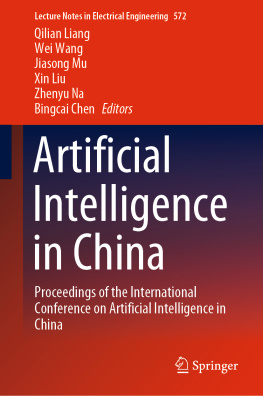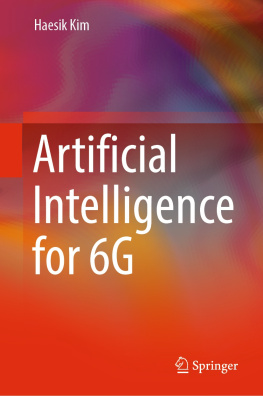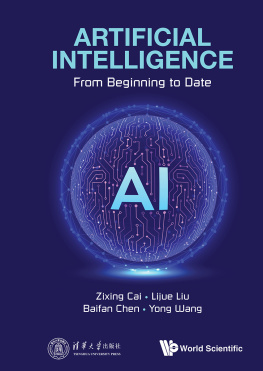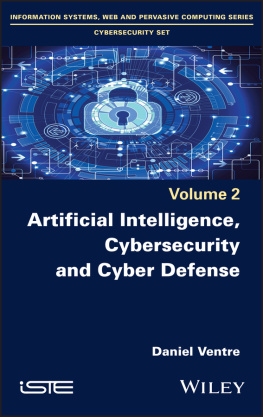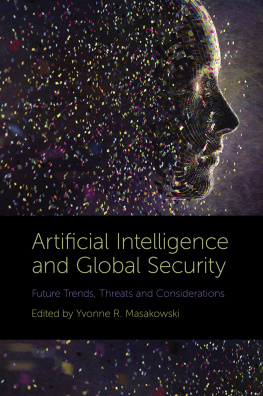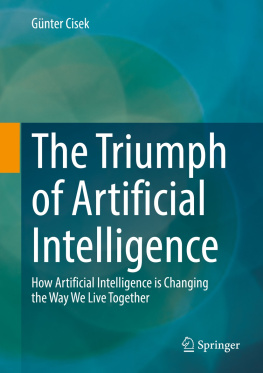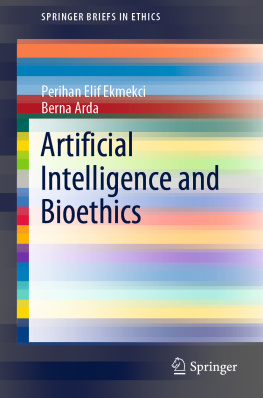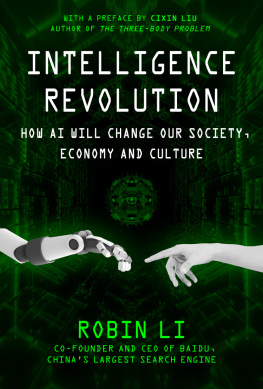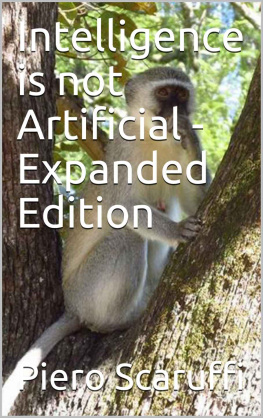Foreword
This book is a collection of the best articles I wrote in the year 2020 on artificial intelligence and was originally published on the Medium.com platform.
During this year, I have pursued a goal to share knowledge. I did a lot of research, I studied a lot, and I had the opportunity to mature in the field, a series of knowledge related to the topics that I write almost daily and inspired by some people and some ideas, I thought it was appropriate to share as much as possible through an affordable, simple and straightforward language, sometimes complex topics related to technologies such as Machine Learning, Deep Learning, Analytics, and Autonomous Vehicles, among others.
It was a satisfying adventure, I must say. I received a lot of positive feedback, lots of article views, lots of likes, retweets, and more on social networks and not less, some indications as a top writer, invitations to collaborate in some prestigious online publications. All this is truly motivating.
In this book, I collect all this, in the form of my best-published articles and now revisited, with some more insights, with a language more suitable for reading in the ebook format but always maintaining the main feature articles: simplicity.
Life is complicated enough. Every time someone tries to simplify concepts and knowledge useful to humanity, I believe this is an essential contribution to inclusiveness and equity.
Introduction
I have selected for you 39 articles that Ive written in 2020, which I consider the best and most relevant for anyone who is starting to understand artificial intelligence's basic concepts.
This is not a collection that exhausts all the learning needs for anyone wishing to enter the AI world. Still, it is merely a collection of some scattered notes that make up some pieces in the great mosaic of technology.
Despite this, the articles presented here are beneficial to provide a visual introduction to some of the most important concepts that many of us face daily. They also give some pointers on how to go beyond the first step in search of much more. Just as Dante suggested:
"You were not meant to live as ugly, but to seek virtue and knowledge."
Preface
This book is for anyone interested in Artificial Intelligence and understands some of the building blocks that form this fascinating technology.
The articles presented here explain simply and affordably some basic concepts that will inspire anyone who wants to learn more. This is a starting point. The road is very long.
Each article results from my knowledge in the professional field, research and development, and experiments searching for technical and methodological expertise.
Epigraph
"Your time is limited, so don't waste it living someone else's life.
Do not be trapped by dogma - which is living with the results of other people's thinking.
Do not let the noise of other's opinions drown out your own inner voice.
And most important, have the courage to follow your heart and intuition.
They somehow already know what you truly want to become.
Everything else is secondary."
Steve Jobs
Dedication
To my wife, my main source of inspiration and serenity in life.
2 - People vector created by pch.vector - www.freepik.com
Maybe one day, a robot will steal your job but there is something you can do today to avoid that.
A s for any industrial revolution in the past, millions of people will lose their jobs in the next few years due to Automation. Up to a third of the current work can be automated within the next ten years. This is not a science fiction prediction. It's already happening. Here and now.
Robots are doing today the work of lawyers in a fraction of the time. Journalists are being replaced by software that writes financial reports almost simultaneously when the data is released. Chatbots can compose a winning stock portfolio for you in seconds. Even writers have been replaced by these ever-smarter machines able to learn how to produce the next best-sellers.
Technology enables creating an endless list of innovative products and services that can eliminate entire professions, replace functions, and change work processes.
Robots, self-driving cars , stock-controlling refrigerators, virtual assistants, such as Apple's Siri, are only now possible because artificial intelligence is evolving on a speedy scale.
It is increasingly evident that all professionals will need to adapt to a scenario with new technologies, robots, and Artificial Intelligence in several areas as their occupations suffer from this revolution. Some people will be able to surf these waves through better education. Others will dedicate their time and energy to activities that require emotional and social skills, creativity, a high level of cognitive ability, and difficult skills for robots to replicate.
Those who will suffer most of the massive Automation effects are the professionals who occupy machine operators and food industry employees. Nor are they immune to Automation, real estate brokers, legal assistants, accountants, and professionals from administrative sectors.
On the other hand, jobs that require human interaction, such as doctors, lawyers, teachers, and bartenders, are less likely to be replaced by robots. Skilled jobs, but not very high salaries, such as gardeners, plumbers, and caregivers, are also less vulnerable. And several new activities, new jobs, new professions, and new skills will be created by the evolution of robots and Artificial Intelligence.
In the next few years, the world will experience a transition on the scale of the one that occurred in the early 1900s. Industrial development transformed much of the work, primarily agricultural, and new jobs and opportunities created by technology enhancement.
But to survive to this A.I. is every day more clear that we need to develop our interest in arts and sciences in our professional education, benefiting our I.Q. and our ability for more complex social relationships because this is something machines cannot do better than humans well at least for a long time.
Statistical studies carried out by the European Journal of Personality , with more than 340,000 people over 50, found every 15 points of I.Q. Found, it is possible to reduce by 7% the risk of a professional being replaced by a machine.
Applying this conclusion to the United States' entire population, we can estimate that more than 10 million jobs can be saved amongst people threatened by Automation. In the specific case of scientific activities, the study found that, on a 5-point scale, a 1-point increase in taste for science-related jobs would guarantee more than 3 million jobs threatened by machines.
The leaders of the future
Not only the professions, the advent of Artificial Intelligence and Automation also changes the concept of leadership.
The leaders of this automated future need to see the size of the transformation. They must know that technology will be increasingly required and used to empower people, ensuring that it is impossible to take the first step by eliminating people and including them.
To embrace this new reality, we need a radical readaptation of the entire education system to emphasize personality traits and promote more significant social interaction in our schools, developing more and more skills that machines can not emulate.




